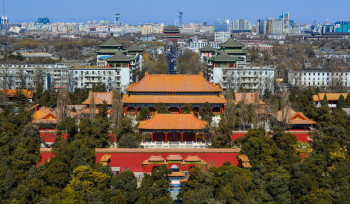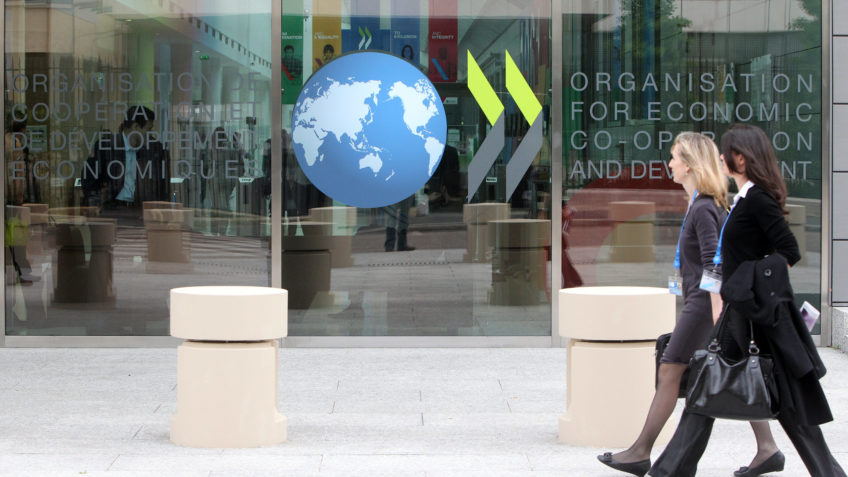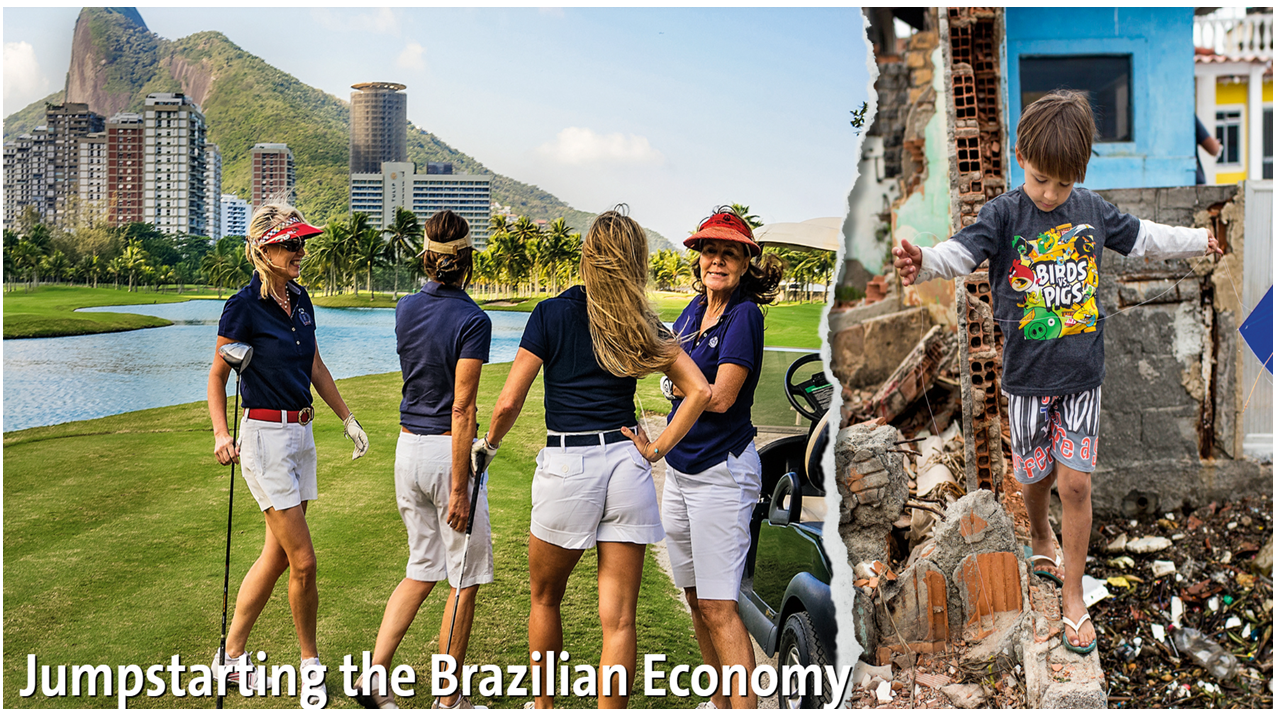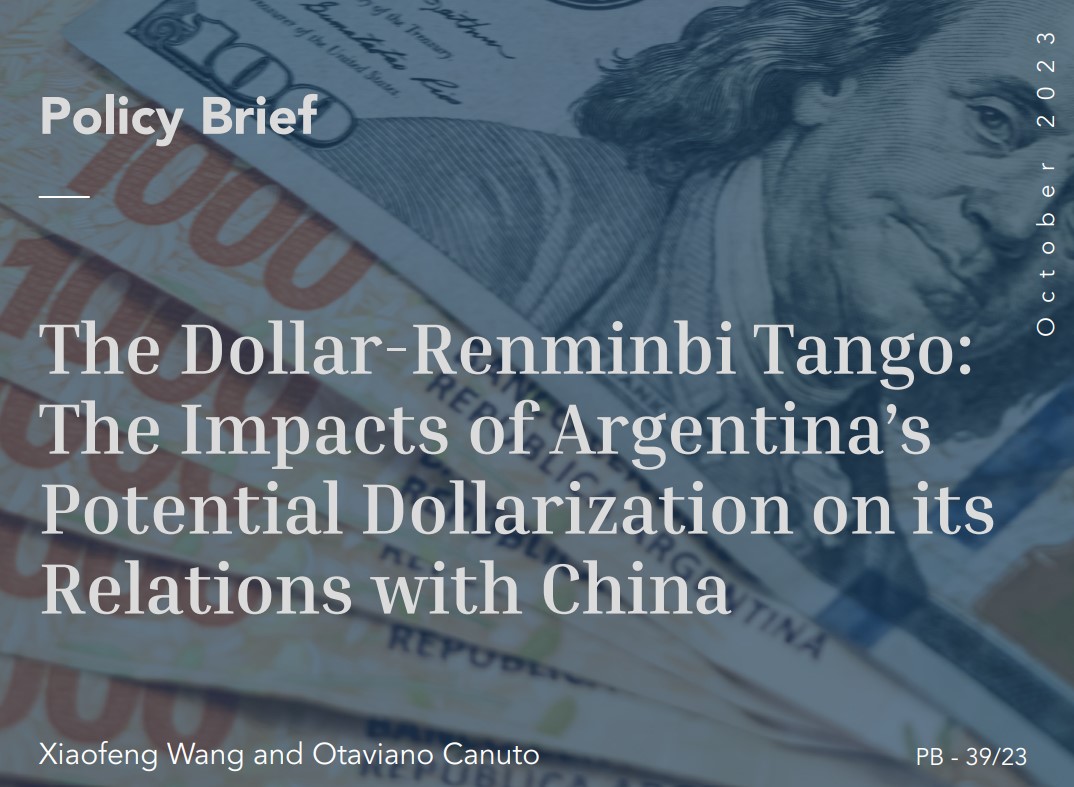The surprising victory of Javier Milei, the unconventional ‘anarcho-capitalist’ candidate, in the August primaries ahead of Argentina’s October 2023 general election, can be largely credited to his commitment to dollarize the Argentine economy, a move perceived as the ultimate solution to bring an end to the nation's economic turmoil.
The potential shift from the local currency to the dollar has sparked concerns about Argentina's bilateral currency swap line with China. This swap line plays a crucial role in their bilateral relations and has also served as a means for Argentina to fulfill its debt obligations to the International Monetary Fund. The swap line is seen as a key element in preventing Argentina from defaulting on its IMF obligations, which is vital for both its economic and international financial stability.
Given the significance of these developments, this article explores Argentina's potential shift towards dollarization and its implications for the country's relationship with China. It does so by assessing the critical role of the bilateral currency swap line between the Central Bank of Argentina (BCRA) and the People's Bank of China (PBOC) in backing Argentina's external payments.
The analysis traces the history of the BCRA-PBOC swap line, highlighting how Argentina has relied increasingly on it during financial crises. It also examines the potential challenges and uncertainties that may arise if Argentina does indeed move towards dollarization, including the fate of the swap line and how it would be managed.
Additionally, the article reflects on China's strategic approach to swap agreements with partner countries, emphasizing its flexibility in sustaining stable trade relations, even in the face of undesirable political shifts. Finally, it underscores the magnitude of China-Argentina trade relations, particularly in terms of Argentina's significance in helping China secure strategic resources, and how these relations impact Argentina's economic recovery.
In conclusion, the fate of the BCRA-PBOC swap line is deeply intertwined with the broader economic and political dynamics between China and Argentina. Both nations are likely to seek pragmatic solutions to address the challenges posed by Argentina's potential shift towards dollarization, thereby ensuring the continuation of stable bilateral relations.











